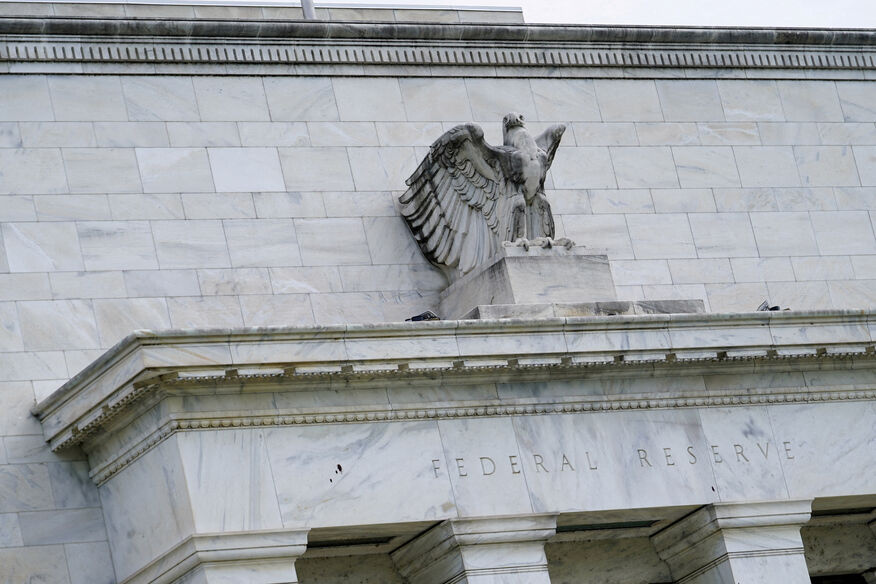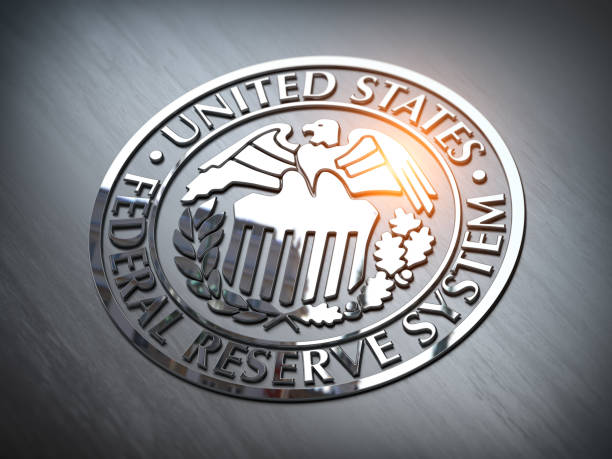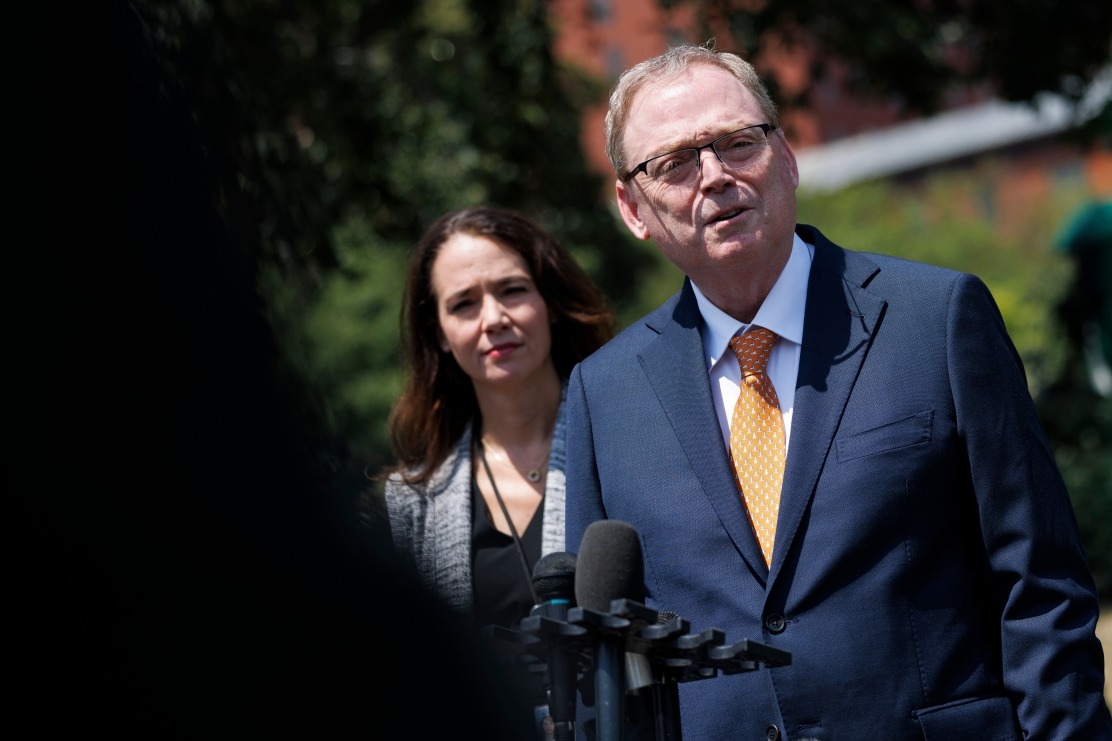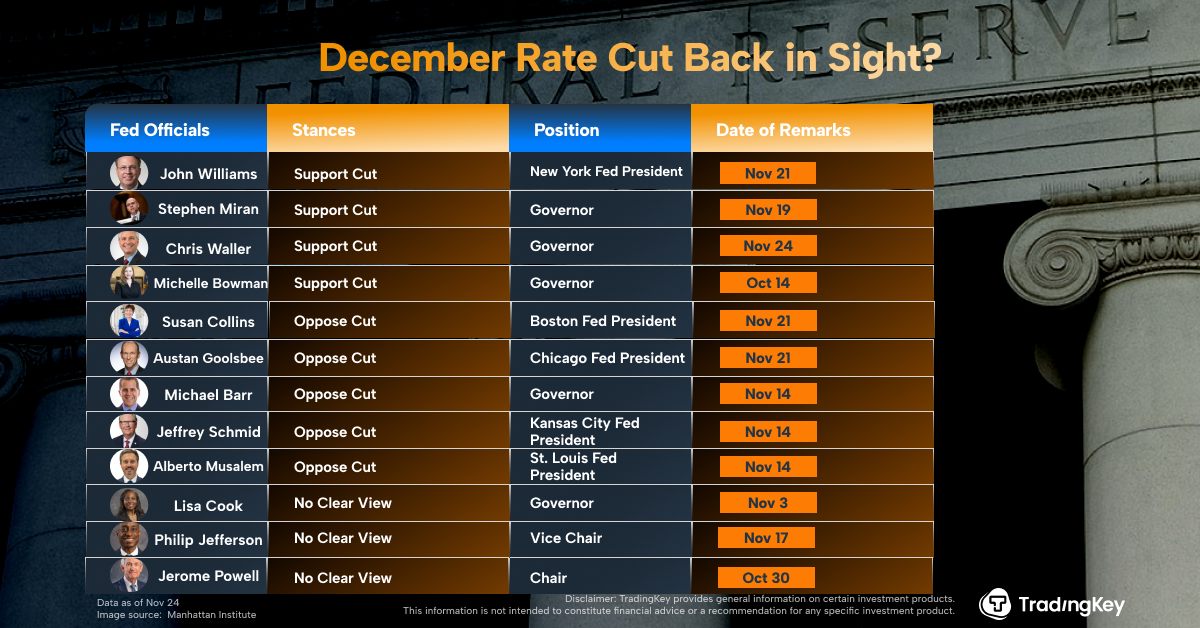Has the Fed finally hit its 2% inflation target?
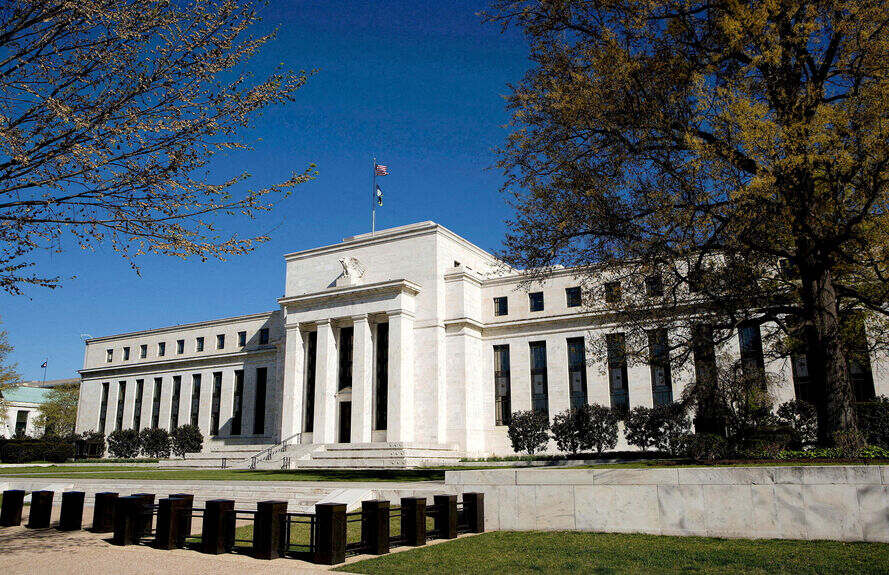
The Federal Reserve has been chasing the 2% inflation target for years. Now, with new inflation data from September, it looks like they’re getting close.
The consumer and producer price indexes came in where the Fed expected, showing that inflation is dropping toward the Fed’s goal. According to Goldman Sachs, they may already be there.
The investment bank projects that the Commerce Department’s Personal Consumption Expenditures (PCE) price index for September will show a 12-month inflation rate of 2.04%.
If that’s the case, it would get rounded down to 2%, which would finally put the Fed at its long-term target.
Core inflation stubborn, rent to blame
Two years ago, inflation shot up to a 40-year high, forcing them to hike interest rates aggressively. Now economists believe that inflation has cooled off enough for the Fed to breathe a little easier.
While overall inflation is falling, core inflation—the Fed’s preferred measure that excludes food and energy—remains a problem.
Goldman Sachs estimates that it will hit 2.6% for September. The consumer price index shows core inflation was even worse, reaching 3.3%. Shelter costs, especially rent, are still pushing it higher.
Fed Chair Jerome Powell thinks rent inflation will eventually cool down. He expects housing inflation to keep falling, helping the them reach their goal of “disinflation.” The job market is also starting to calm down.
Chicago Fed President Austan Goolsbee said it has cooled enough to keep inflation in check while staying close to full employment. But actually hitting that 2% target and keeping it there won’t be easy.
Meanwhile, the Cleveland Fed’s “inflation nowcasting” tool shows a headline PCE rate of 2.06% for September. On paper, that number would get rounded up to 2.1%, slightly above the target.
But the third-quarter inflation rate sits at just 1.4% on an annualized basis, well below the Fed’s goal.
Fed rate cuts on the table
A few weeks ago, they made an unprecedented move, slashing rates by half a percentage point to a range of 4.75% to 5%. That’s not something you usually see in a “stable” economy.
The Fed is now returning to its normal quarter-point rate cuts going forward, but Atlanta Fed President Raphael Bostic said they might actually skip a cut altogether at the November meeting.
The Fed knows it has to be careful. Kurt Rankin, a senior economist at PNC, said aggressive rate cuts could reignite inflation by making businesses compete for more resources to meet rising demand.
If inflation spikes again, the Fed will have to hike rates, which is the last thing anyone wants to see right now.
Futures traders seem confident that Powell will cut rates by a quarter-point in both November and December.
Economists like Mark Zandi at Moody’s don’t expect to see widespread price cuts. Businesses might hold prices steady if demand drops, but price declines across the board are uncommon, even during a recession.
The prices of physical goods have dropped thanks to more normal supply-and-demand conditions after the pandemic. Though energy and food prices are still volatile, swinging up and down a lot.
Consumer electronics continue to improve in quality, and while it might look like those prices are dropping, it’s often just an improvement in what you’re getting for the same amount of money.
According to Zandi, price cuts won’t happen across the board, and we’re unlikely to see many businesses lowering prices unless demand crashes. Even then, prices don’t typically fall during a recession.




